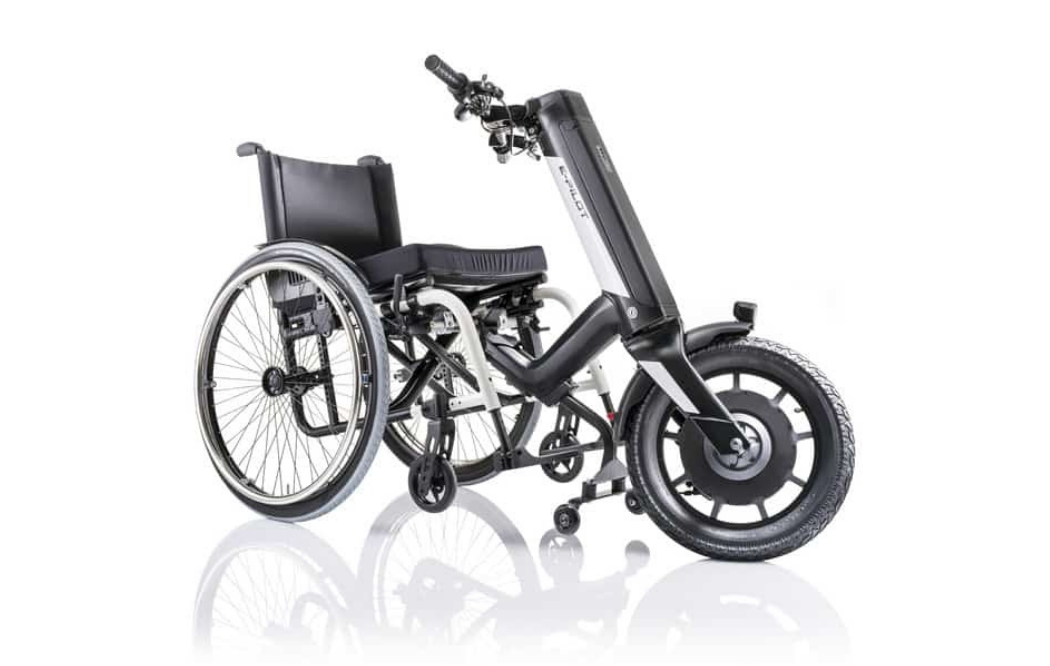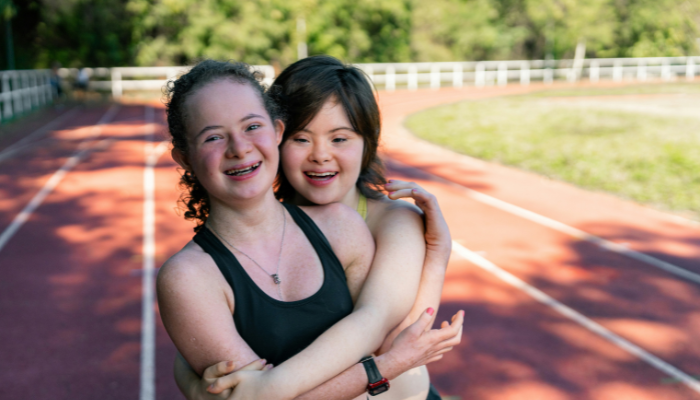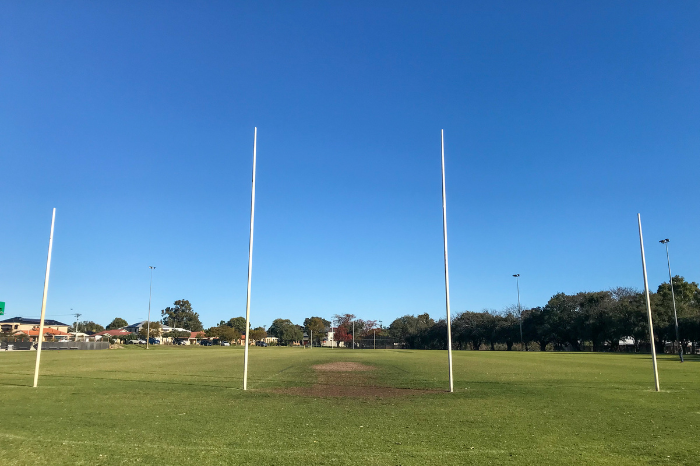
Released last month, the Global report on assistive technology captures for the first time a worldwide snapshot illustrating countries’ need for, access to, and preparedness to support assistive technology.
The report also features stories illustrating the profound impact assistive products can have on people’s lives and offers evidence of the economic and social return on investment in assistive technology.
The report’s release coincides with the launch of Australia’s largest assistive technology store, NovitaTech, owned by South Australian disability service provider, Novita.
So, what exactly is assistive technology? And how can it be accessed by people with disability through the National Disability Insurance Scheme (NDIS)?
Assistive technology is equipment or devices that help people perform tasks that might otherwise be difficult or impossible to achieve because of a disability. It’s a broad term that refers to many tools which can be low or high tech.
Some examples of assistive technology include:
Not all equipment or technology can be classed as assistive technology. If a tool is something that everyone uses, and isn’t related to achieving something that might otherwise be difficult or impossible to achieve because of a disability, it isn’t assistive technology. Examples include kettles, radios and everyday household furniture.
The NDIS will fund assistive technology that meets NDIS funding criteria. When assessing assistive technology, the NDIS will consider whether it:
It’s recommended that new NDIS participants seek advice about assistive technology during their planning meeting. If a participant has a current plan, they might be able to use funding in that plan for assistive technology. Alternatively, they can request a plan review.
In all cases, evidence about the assistive technology will need to be supplied so the NDIS can assess it against funding criteria. The evidence required depends on the category of assistive technology. There are three categories:
The NDIS has created helpful assistive technology guidelines which cover everything you need to know about accessing assistive technology through the NDIS. If you’d like to ask a question about assistive technology or hear about other people’s experiences, head to Kinora – a free online community created by My Plan Manager.
Kinora helps people with disability and their supporters to connect with peers, NDIS experts, disability sector professionals and service providers, assisting them to build lasting connections with the people and businesses who can support them throughout their lives. There’s lots of value in there for consumers and providers, so check it out!


